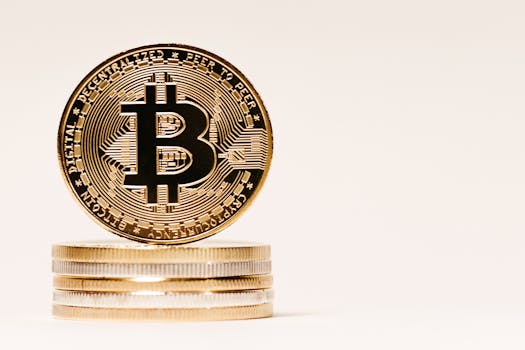
Navigating the Future: Emerging Trends in Fintech Technology
Fintech technology is revolutionizing the way we think about finance, from mobile payments to investment platforms. As we move forward, it’s essential to stay ahead of the curve and understand the emerging trends that will shape the future of fintech. In this article, we’ll explore the latest developments and innovations in fintech, including AI, blockchain, digital payments, and more.
Introduction to Fintech

Fintech, short for financial technology, refers to the intersection of finance and technology. It encompasses a wide range of services and products, from mobile payments and digital wallets to investment platforms and cryptocurrency exchanges. Fintech has the potential to increase access to financial services, reduce costs, and improve efficiency.
Emerging Trends in Fintech

Several emerging trends are transforming the fintech landscape. These include:
- Artificial Intelligence (AI): AI is being used to improve customer service, detect fraud, and optimize investment portfolios. Chatbots and virtual assistants are becoming increasingly common in fintech, providing 24/7 support to customers.
- Blockchain: Blockchain technology is being used to create secure, transparent, and efficient systems for transactions and data storage. It has the potential to reduce costs, increase trust, and improve scalability.
- Digital Payments: Digital payments are becoming increasingly popular, with services like Apple Pay, Google Pay, and PayPal leading the charge. Contactless payments, mobile wallets, and cryptocurrencies are changing the way we think about money.
- Robo-Advisors: Robo-advisors are automated investment platforms that use algorithms to manage portfolios and provide investment advice. They offer low-cost, efficient, and personalized investment solutions.
The Future of Fintech

As fintech continues to evolve, we can expect to see even more innovative developments and applications. Some potential future trends include:
- Quantum Computing: Quantum computing has the potential to revolutionize fintech by providing unprecedented processing power and speed. It could be used to optimize complex financial models, simulate scenarios, and predict market trends.
- Internet of Things (IoT): The IoT refers to the network of physical devices, vehicles, and other items that are embedded with sensors, software, and connectivity. In fintech, the IoT could be used to create smart payment systems, track financial transactions, and improve customer experiences.
- 5G Networks: The rollout of 5G networks will provide faster, more reliable, and more secure connectivity. This could enable new fintech applications, such as real-time payments, instant settlements, and enhanced mobile banking experiences.
Conclusion

Navigating the future of fintech requires a deep understanding of emerging trends, technologies, and innovations. By staying ahead of the curve, we can unlock new opportunities, improve financial inclusion, and create more efficient, secure, and customer-centric financial systems. Whether you’re a fintech entrepreneur, investor, or simply a curious observer, the future of fintech is an exciting and rapidly evolving space to watch.






